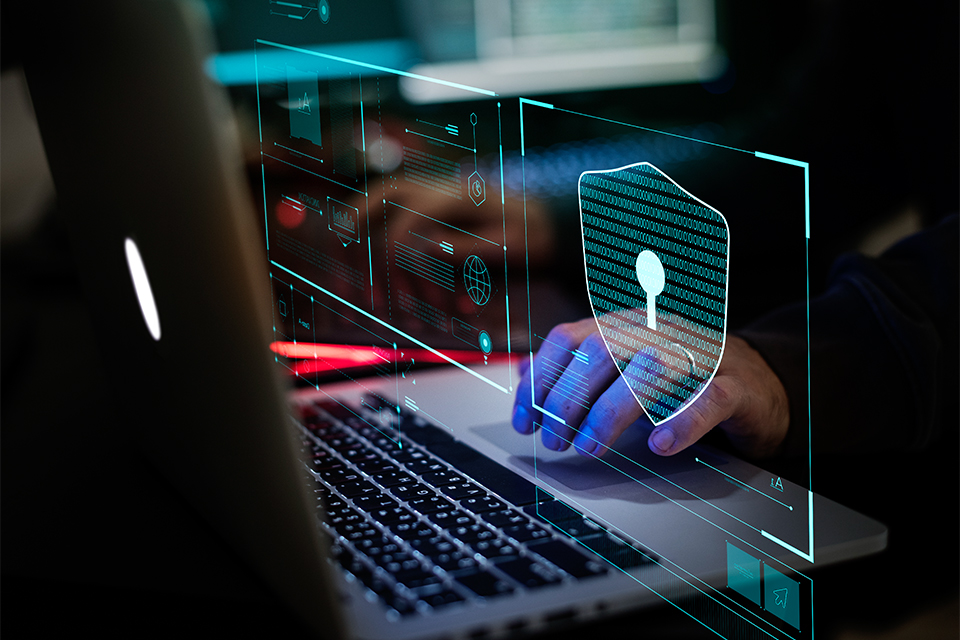WAF AND DDoS Protection mandatory
Attacks against businesses and nations hit the headlines with such regularity that we’ve become numb to the sheer volume and acceleration of cyber threats. And yet, as our dependence on the Internet continues to increase, the scope and severity of security challenges and vulnerabilities will only intensify. Cybersecurity will be the most pressing challenge of the next decade; responses to date have been thoroughly insufficient and the costs are escalating.
The Reserve Bank of India (RBI) has tightened digital payment security regulations to improve security, control, and compliance for banks; other regulated entities to make the control of digital transactions safe and secure.The new norms come at a time when India’s thriving digital payment ecosystem has seen many ransomwares, cyber threats and other scams all together.
“In view of the rapid increase of cyber-attacks and their potential consequences, bank and other regulated entities should implement, except where explicitly permitted/relaxed, multi-factor authentication for payments through electronic modes and fund transfers, including cash withdrawals from ATMs/micro-ATMs/business correspondents, through digital payment applications,” it said.

The RBI circular issues specifications on multiple sets of application areas, including mandates from source code protection of third-party UPI apps, cyber security norms for safety against cyber-attacks, card payments and online banking security protocols.
We have provided Cyber Security Solutions and Services such as SSL, WAF DDOS, DMARC and many more to the Banking and BFSI Units. You can protect your organizations from all cyber threats by getting advanced and professional services with us. At AmbiSure, we always are keen on the betterment of our clients and securing their organizations against all the threats and scams in the cyber realm.
Archives
- June 2024 (7)
- April 2024 (1)
- September 2022 (3)






















